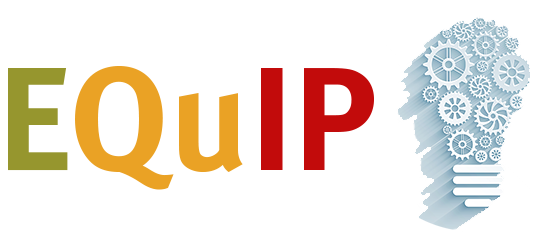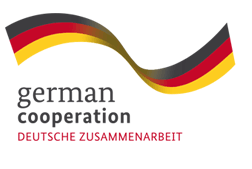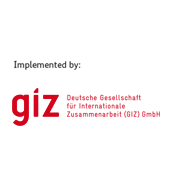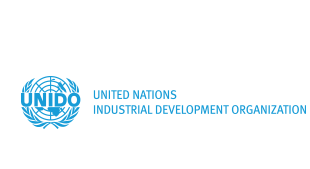To overcome poverty and raise the living standards of their people, developing countries need to enhance the productivity of their economies. Through incorporation of best practices and innovation, productivity needs to increase within each and every economic activity. But this is not enough. The structure of the economies also needs to change, expanding high-productivity activities in manufacturing, advanced services and modern agriculture relative to less productive ones, for example in traditional agriculture, informal services and handicrafts.
To make this structural change socially inclusive, strong efforts need to be undertaken to enable and empower the people who are currently underemployed or engaged in low-productivity activities to take advantage of the new opportunities. This requires substantial investments in education and vocational training, technology transfer and inter-firm transactions and learning. Without such efforts, structural change will at best happen in partial and fragmented ways, leading to enclave economies with enormous and widening income and skills gaps – which, unfortunately, is a familiar picture in most developing countries.
Developing countries are latecomers to today’s globalised economy. When they try to add value to their products through processing industries and services, they enter markets in which other countries have, over decades, built up expertise, created economies of scale and established business networks and brands. For latecomers, the playing field is not level. Industrial development is therefore in many ways more difficult for them. But there are also benefits. Latecomers do not need to reinvent the wheel. They can build on the inventions of others and take shortcuts to development. But, as international competitors are already firmly established in many markets, they cannot simply emulate the pathways taken by early industrialised countries. New, creative strategies for industrialisation are needed, combining smart ways of inserting into and taking advantage of global value chains with policies to protect and nurture national entrepreneurship.
Today’s industrialised nations cannot serve as role models for the future – not least because their systems of production and consumption are environmentally highly unsustainable. Our planet has neither the resources nor the absorptive capacities for pollutants to continue along established pathways. The high-productivity activities needed to enable broad-based prosperity for the world must economise the use of fuels and other finite resources. Again, creative solutions are needed to accelerate structural change in ways for which no role models exist so far.
This is what industrial policy is about. Governments and societal stakeholders need to jointly develop visions and roadmaps towards a wealthy, inclusive and environmentally sustainable future and implement those in a cost-effective way. These visions and roadmaps depend on the initial conditions, the historical opportunities, and not least the norms and values of each and every society. Hence, they need to be country-specific. This makes industrial policy a challenging task.
To assist developing countries in coping with this challenge, UNIDO and GIZ have joined forces to develop an integrated methodological toolbox and a capacity-building package called “EQuIP – Enhancing the Quality of Industrial Policies”. It aims to support policymakers in developing countries to formulate and design evidence-based strategies for inclusive and sustainable industrial development. At the core of EQuIP is an institutional capacity-building package to train public servants and analysts for public policy to be based on informed decisions and a critical examination of empirical evidence. EQuIP compiles globally available industrial performance and capability measurement approaches as well as a number of tailor-made new methodologies that also take the social and environmental dimensions of industrial development into account. The toolbox covers the most important aspects of industrialisation, from industrial growth and diversification to productive employment generation and greening of industry.
EQuIP does not intend to sell simple recipes and blueprints. It is not prescriptive. Its authors are professionals in the field of industrial policy who have assisted many governments in the strenuous process of consulting stakeholders, identifying strategies, implementing policies and monitoring their results. They know by experience that each country has to find and forge its own way forward. But they have compiled a guidebook which is comprehensive, addressing the various objectives of industrial policy and including the best available tools for analysts and practitioners. I can only strongly encourage policymakers to make ample use of it. EQuIP makes a formidable contribution to defining and implementing pathways towards a wealthy, inclusive and sustainable future.
May, 2015
Tilman Altenburg
Head of department
„Sustainable Economic and Social Development“
at the German Development Institute





